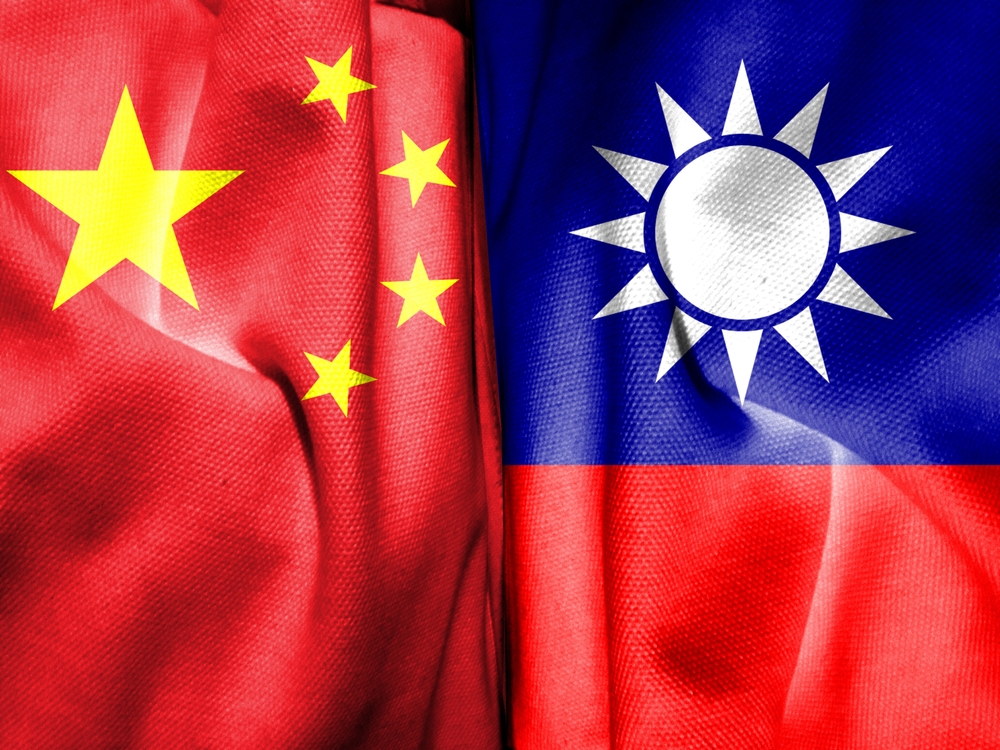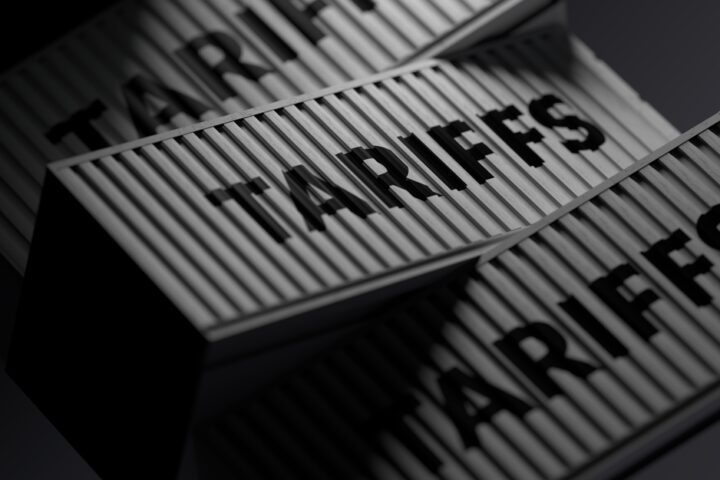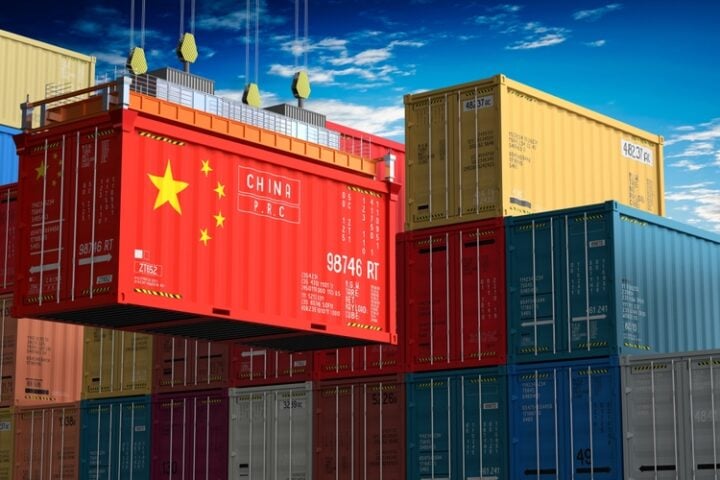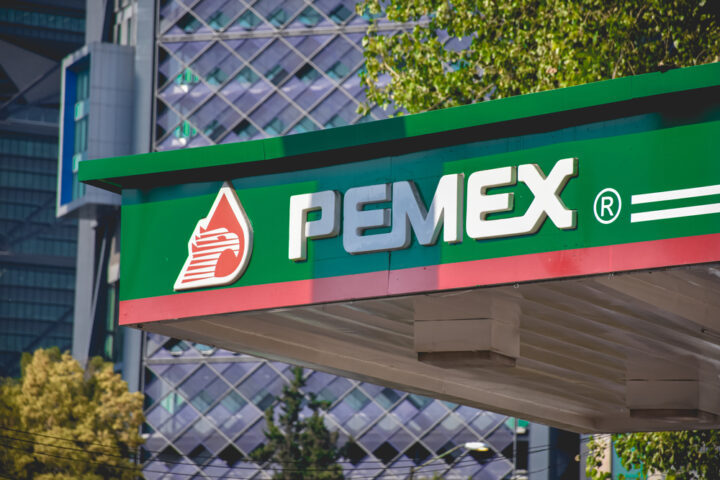In a bold statement that underscores the rising tensions between Taiwan and China, Taiwan’s President Lai Ching-te declared on Sunday that it is “impossible” for China to claim Taiwan as its “motherland,” pointing to the stark difference in the age of their respective governments. Speaking just ahead of Taiwan’s National Day, Lai emphasized that the Republic of China (Taiwan) is 113 years old, while the People’s Republic of China, ruled by Beijing, has only marked its 75th anniversary. Lai even humorously suggested that Taiwan could be considered the “motherland” for Chinese citizens over 75.
Lai’s Defiance in the Face of Beijing’s Pressure
Lai’s statement is the latest in a string of defiant comments that challenge Beijing’s sovereignty claims over Taiwan. By reaffirming that Taiwan is a “sovereign and independent country,” Lai has once again stirred anger in China, which has long asserted that Taiwan is part of its territory. As cross-strait tensions escalate, Taiwan’s leadership continues to assert its autonomy while remaining cautious of China’s ongoing threats of military action.
Taiwan has been led by the Democratic Progressive Party (DPP) since 2016, and under their leadership, the island has resisted Beijing’s aggressive attempts to assert control. China, in turn, has labeled Lai a “die-hard secessionist,” a designation that could carry severe consequences under Chinese law, particularly in light of their national security policies. Yet, despite this, Lai and his government remain resolute in their stance on Taiwan’s sovereignty.
The Role of Trade and Taiwan’s Growing U.S. Support
While Taiwan remains economically intertwined with China, its leadership is actively working to reduce this dependency, especially with the rising support of the United States. The island’s strategic importance to the U.S., particularly in terms of global supply chains and geopolitical positioning, has prompted increasing American backing for Taiwan’s autonomy. This support adds another layer of complexity to the already delicate cross-strait relations.
At the same time, Taiwan is striving to strengthen its international alliances and diversify its trade relationships to minimize the leverage China holds over its economy. This effort is especially critical as Taiwan seeks to navigate the growing geopolitical pressures from both Beijing and its own domestic politics.
Tensions Escalate Amid China’s Sovereignty Claims
China’s ambition to assert control over Taiwan has been unwavering for decades, with frequent threats of military force to achieve its goal. Beijing’s refusal to rule out the use of violence should Taiwan move toward formal independence further complicates the situation. Lai’s government, however, continues to resist these claims, upholding the island’s status as a democratic and self-governing entity.
As the relationship between Taiwan, China, and the U.S. continues to evolve, Lai’s administration faces mounting pressure to manage these increasingly fraught geopolitical tensions carefully. Balancing the island’s trade needs with China and its desire for sovereignty, all while strengthening ties with the U.S., is a delicate task that will shape Taiwan’s future for years to come.
Taiwan’s Future in a Shifting Global Landscape
As Taiwan stands firm in its sovereignty, Lai Ching-te’s recent remarks signal that the island’s leadership is not backing down in the face of Chinese pressure. The humorous yet pointed commentary on the age of their governments was a sharp reminder of Taiwan’s long history of self-governance. Moving forward, Taiwan’s ability to navigate its geopolitical challenges, including its relationship with the U.S. and its economic ties to China, will be crucial in maintaining its independence and global standing.







